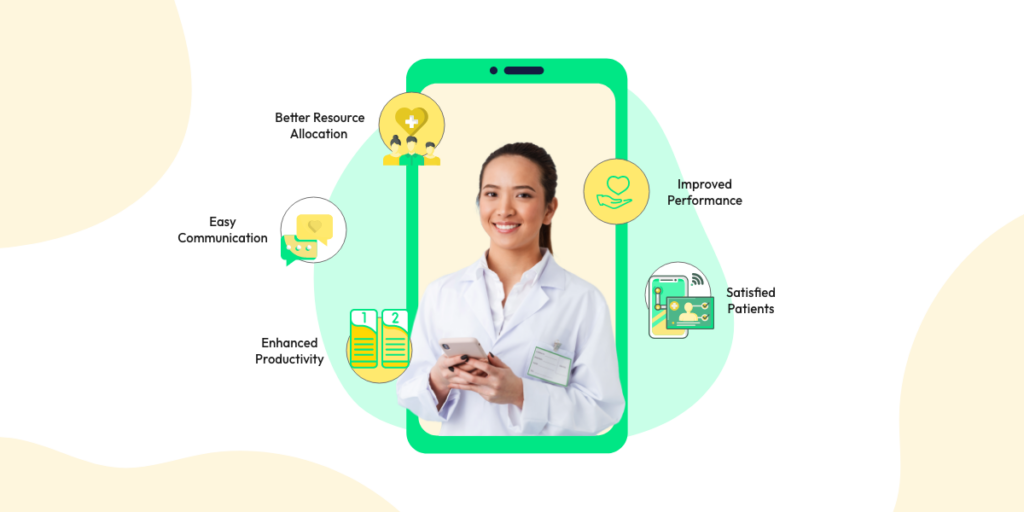Here are some benefits and use cases for using WhatsApp API in healthcare:
Benefits:
- Improved patient engagement
- Enhanced patient experience
- Increased efficiency for healthcare staff
- Reduced no-shows and missed appointments
- Secure and compliant communication
- Multilingual support
Use cases:
- Appointment scheduling and reminders
- Medical advice and support
- Lab results and medical information sharing
- Prescription refill requests
- Remote patient monitoring
- Healthcare team collaboration
- Patient feedback and surveys
Some examples of healthcare providers using WhatsApp API include:
- Hospitals and clinics
- Medical practices and doctor’s offices
- Health systems and networks
- Telemedicine platforms
- Medical research institutions
- Pharmaceutical companies
WhatsApp API offers a range of features and tools to support healthcare providers, including:
- Secure messaging and data encryption
- Compliance with healthcare regulations (e.g., HIPAA)
- Integration with electronic health records (EHRs)
- Support for multimedia messaging (e.g., images, videos)
- Analytics and reporting tools
Benefits of Implementing WhatsApp Business API For Online Medical Appointment Scheduling

Implementing WhatsApp Business API for booking an online medical appointment has countless benefits. For now, let’s discuss the significant ones.
1. Improved Patient Engagement
Real-time communication and updates via WhatsApp make patients feel more connected and involved in their healthcare journey. From telemedicine appointment reminders to follow-up messages, WhatsApp enables healthcare providers to maintain consistent engagement, ultimately leading to better patient outcomes and satisfaction.
2. Increased Operational Efficiency
Automated appointment reminders, confirmations, and rescheduling options reduce administrative tasks, allowing staff to prioritize quality patient care. This efficiency not only saves time but also minimizes the risk of missed appointments, enhancing overall practice productivity.
3. Enhanced Customer Satisfaction
Offering online medical appointment booking through Whatsapp chatbot provides a convenient and accessible communication channel for patients, resulting in enhanced customer satisfaction.

Patients appreciate the ease of scheduling appointments and receiving timely updates directly through a platform they already use daily. This seamless experience fosters positive patient perceptions of the healthcare provider and cultivates long-term patient loyalty.
4. Better Utilization of Resources
By utilizing the WhatsApp Business API for online appointment scheduling, healthcare practices can optimize resource allocation. Automated reminders and notifications free up staff to focus on patient care and administrative duties.
Moreover, streamlining the telemedicine appointment process allows practices to allocate resources more effectively, improving overall operational performance.
Best Practices for Effective Online Medical Appointment Scheduling
Let’s get to the thick of things—the ‘how’ of effective online medical appointment scheduling.
A. Implementing Automated Online Medical Appointment Reminders
For starters, make your appointment reminders automated. Why? So that patients looking to book doctor appointment online never forget their appointments. Besides that, send personalized reminders through WhatsApp that are helpful and informative. It’d help keep patients organized and engaged with their healthcare.
B. Offering Flexible Scheduling Options

You must give patients the freedom to schedule appointments at their convenience. How? Let them book appointments easily through WhatsApp, offering both immediate and future booking options. This flexibility will make patients happier and encourage them to take control of their healthcare.
